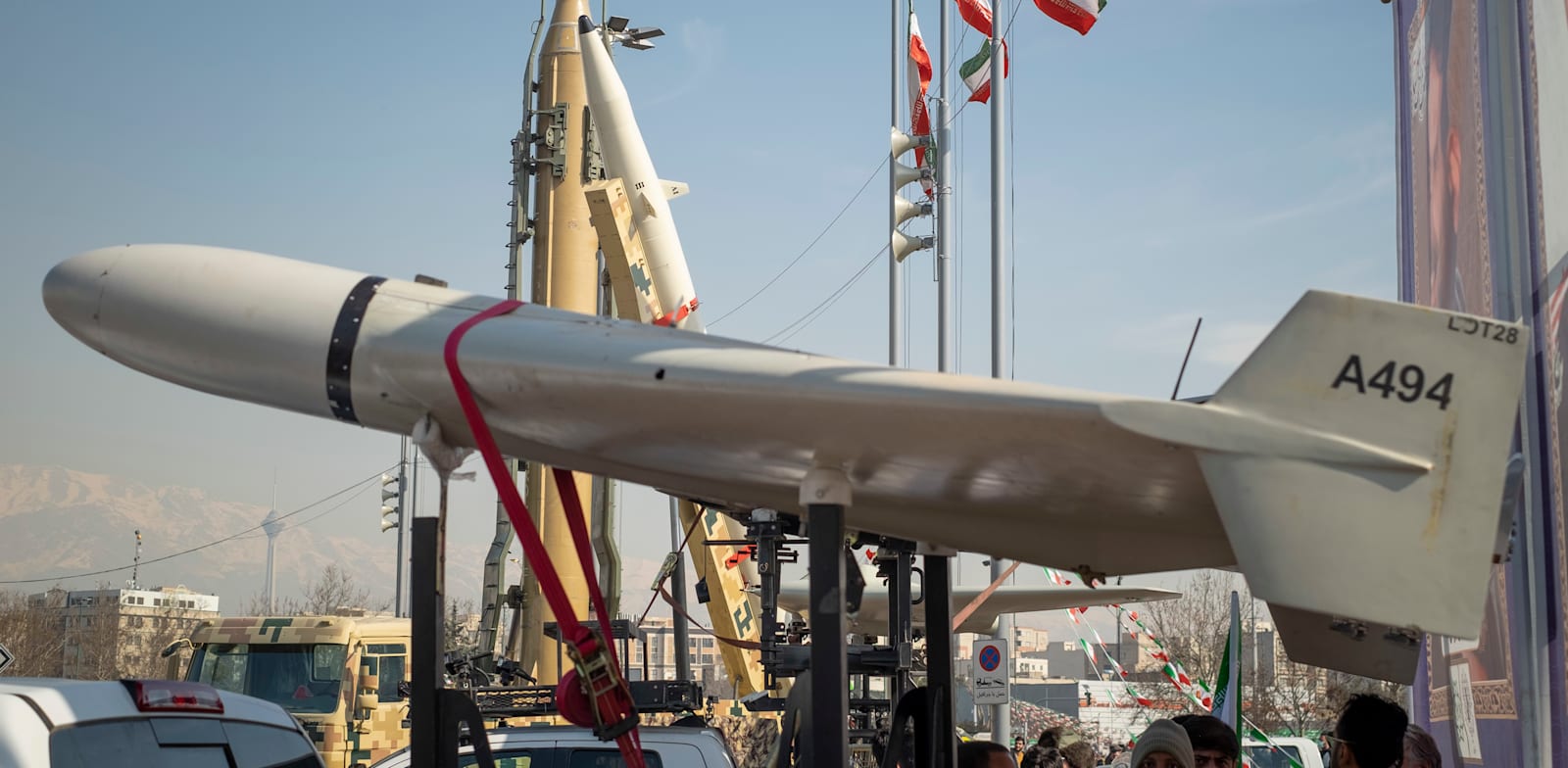On April 14, Iran attempted to attack the State of Israel using unmanned aerial vehicles, cruise missiles, and ballistic missiles. However, the attack failed, with 99% of the launched means not hitting their targets. Israel’s successful defense was achieved through the integration of multi-layered defense systems, fighter jets, and cooperation with partners such as the USA, the UK, and Jordan.
Despite their ineffectiveness against Western defense systems during an attack on Israel, Iranian-made UAVs have gained popularity in the global market due to their lower cost compared to high-quality Western alternatives. Most buyers choose Iranian-made UAVs for their affordability rather than their quality.
Iranian-made UAVs have been used successfully in conflicts such as Ukraine and attacks on facilities of Saudi national oil company “Aramco.” In Tajikistan, Iran inaugurated an Ababil 2 UAV production facility to provide sources of livelihood and possibly military equipment for the country. The partnership benefits both Iran and Tajikistan economically and strategically. Overall, Iran’s UAV production capabilities and supply chain continue to play a significant role in regional conflicts and arms trade operations.


